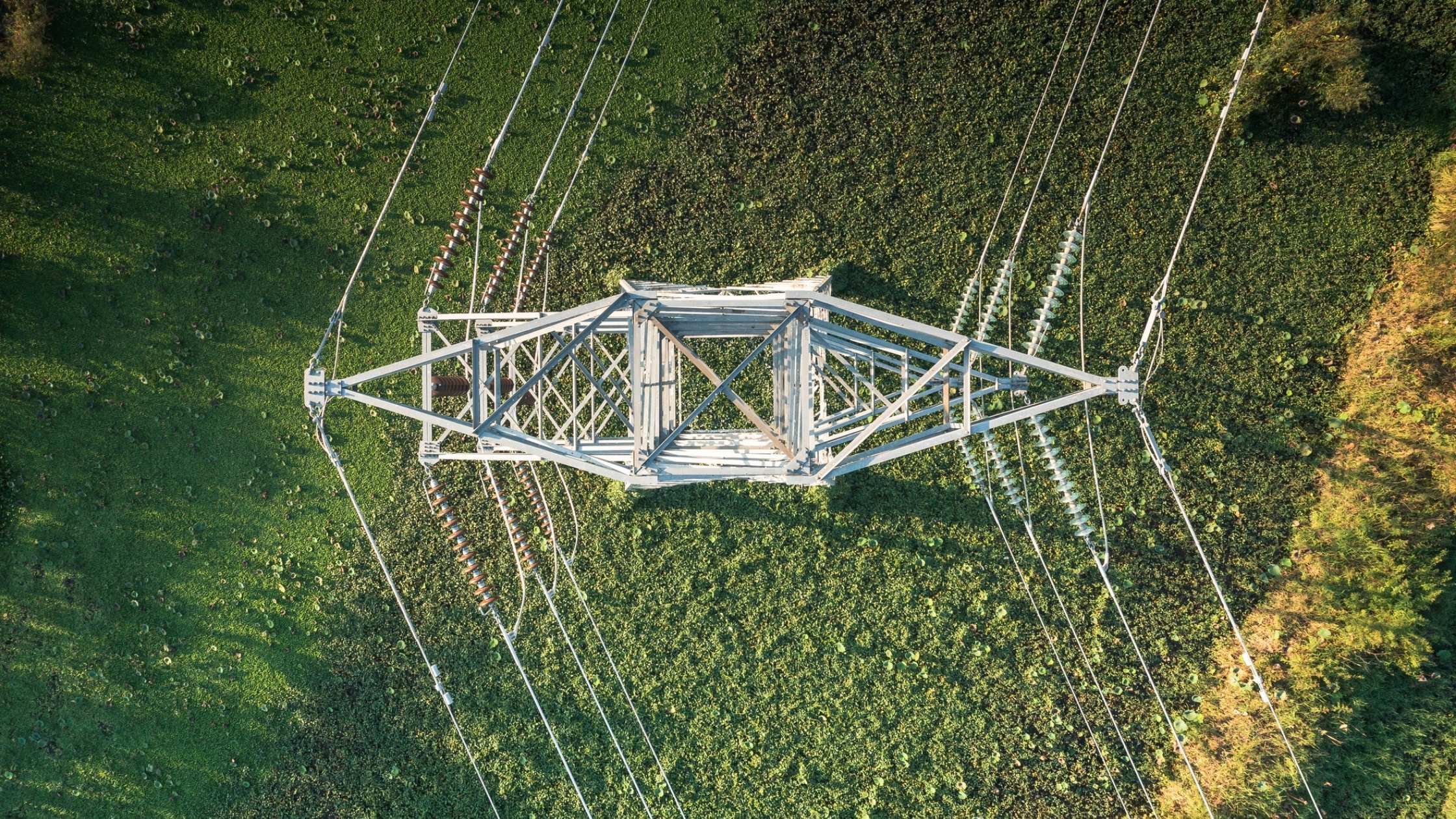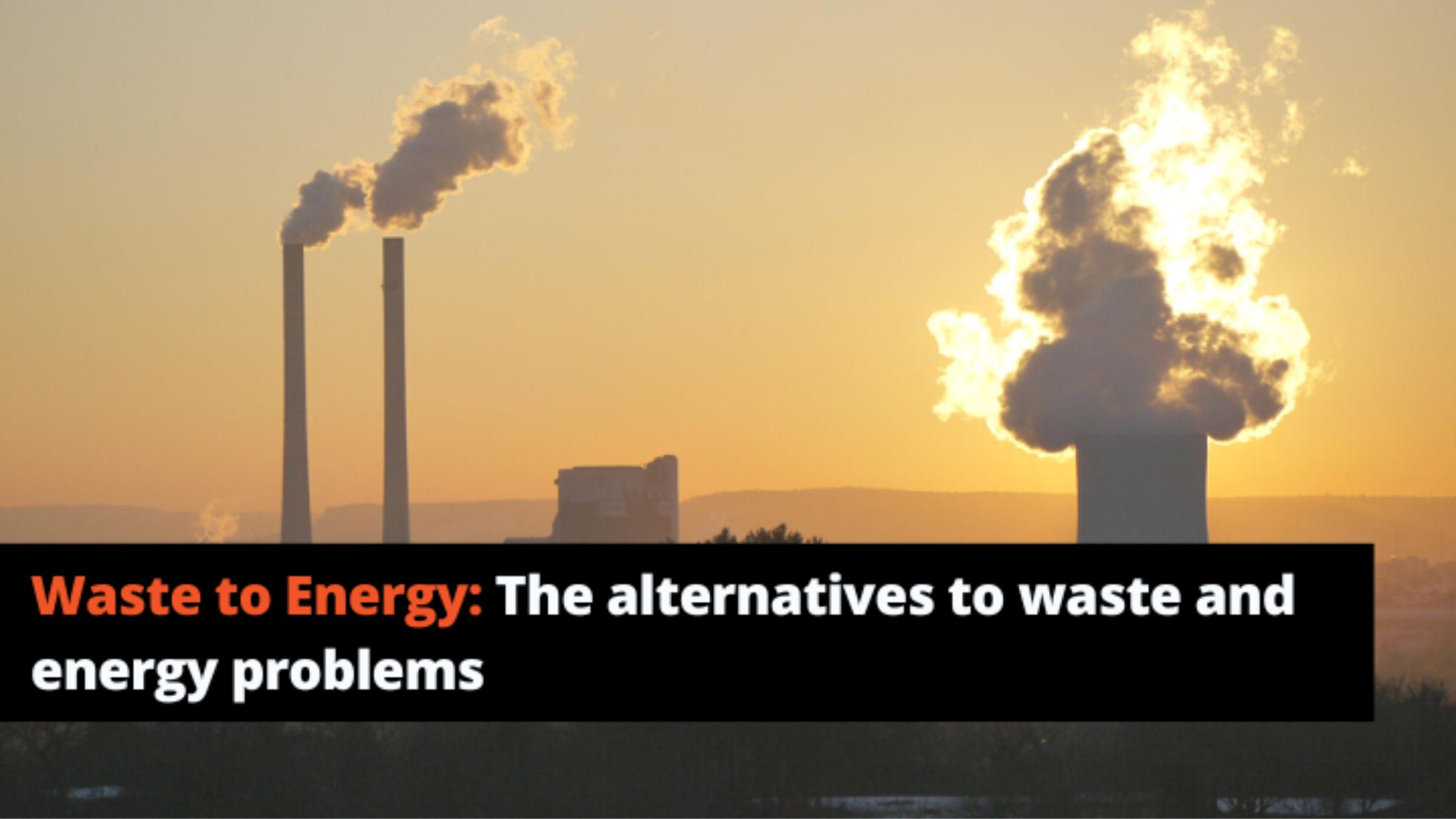September 21, 2022
INTRODUCTION The energy transition is disrupting markets around the world, and Thailand is no exception. The move from energy based on fossil fuels to renewable sources will reshape energy markets over the coming decades. The disruption this will cause will give rise to plentiful opportunities for climate-tech businesses. The Thai government has already announced a number of measures it will implement in order to facilitate the transition. CURRENT SITUATION Before looking at the measures the Thai government is taking to support the energy transition, it is worth examining the status quo. Thailand’s energy needs are currently met by fossil fuels such as refined petroleum products and natural gas, as well as a mix of renewable sources such as solar, wind, biomass, and hydroelectricity. Petroleum Thailand is a net importer of both crude oil and refined oil products. Natural gas is sourced both domestically and through imports, which arrive through pipelines from Myanmar and as liquefied natural gas (LNG). With domestic gas supplies being depleted and limited opportunities for new investment in the upstream sector, LNG looks likely to play an increasingly important role in supplying Thailand’s energy needs in the coming decades. Earlier this year, the Department of Mineral Fuels, Ministry of Energy (DMF) announced the 24th bidding round for offshore exploration and production blocks; bids are due between 5 – 16 September 2022. Electricity Generation As of May 2022, Thailand’s installed grid capacity was approximately 46.8 GW.1 This does not include very small power producers (VSPPs), which are defined as power projects with an installed capacity of less than 10 MW. The figure also does not include so-called “behind... 













